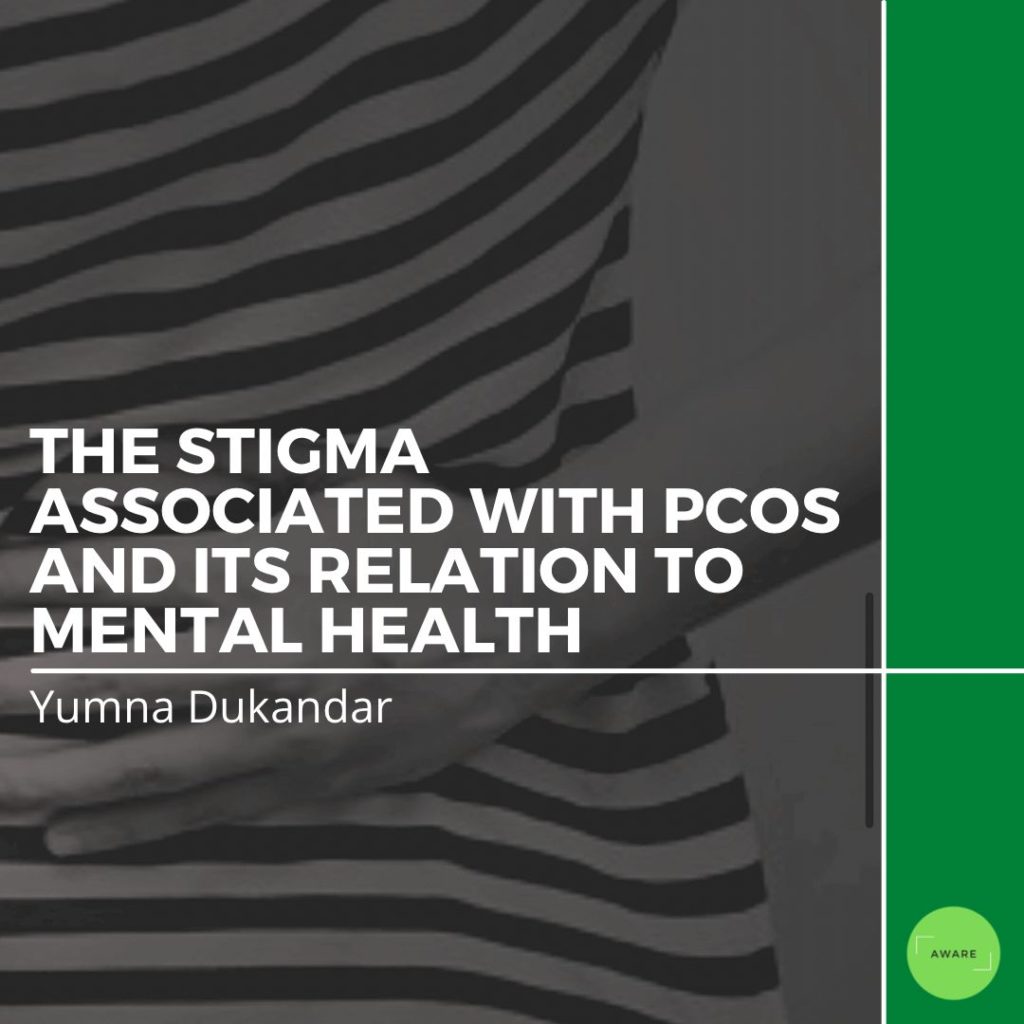In the age-long debate of whether the chicken or the egg came first, we can conclude that, despite the subjective answer, the general consensus is that the result remains unchanged: the chicken was brought into existence. A similar argument has been debated within the medical world: what came first, the weight gain or PCOS?
What is PCOS?
Polycystic Ovarian Syndrome, also known as PCOS, has become increasingly common, affecting approximately 15% of the female population. It is caused by the excessive production of androgens, which are sex hormones, by the ovaries. The disruption within the hormonal cycle results in a plethora of possible dysregulations in the body, such as irregular menstrual cycles, infertility, hair loss, excess hair growth in certain areas, and weight gain. Not only do women experience physically debilitating challenges, but the mental repercussions are just as severe.
The Stigma
The idea that women are “asking for it” is a familiar and frustrating concept that has been a topic of discussion more predominantly in recent years. This is because the blame is shifted from the problem onto the victim. Those struggling with PCOS are no different. You walk into a clinic, symptoms raging, only to be met with snarky remarks on the ins and outs of your diet plan, exercise levels, and inability to manage stress. While research is still being done on the root cause of PCOS, there is no guaranteed reason as to why people experience this syndrome. This, therefore, raises the question, if the cause is not yet concluded, why are those with PCOS blamed for their symptoms?
Despite being newly diagnosed with a lifelong illness, people with PCOS go through being shamed by those around them for being the reason that they were diagnosed in the first place. Research shows other reasons such as genetics. However, the one that seems to take the forefront is weight gain. The illusion that weight gain is the sole reason for the occurrence of PCOS excludes the reality which is that there are many people who struggle with PCOS that are not overweight, with up to 20% of people having “lean PCOS”.
Studies show that 86% of those with PCOS have presented signs of subclinical eating disorders. This further highlights the danger of promoting a culture of blame, shame, and fault onto an already vulnerable group of people. While this is a common occurrence within the medical world, it does not negate the problematic tone it sets. Fatphobia and diet culture still dominate the medical field, leaving those struggling with health concerns feeling helpless and alone. Even if weight gain is a factor to tackle when struggling with hormonal imbalances, the stigmatization that those with PCOS have done it to themselves causes even more damage to the mental and physical health of somebody who is already struggling. Given that PCOS is associated with mental health struggles such as brain fog, anxiety, and depression, promoting a kinder and more problem-focused environment would therefore be more beneficial and sustainable.
For extra resources and support, please check out registered dietitian Julie Duffy Dillon.
